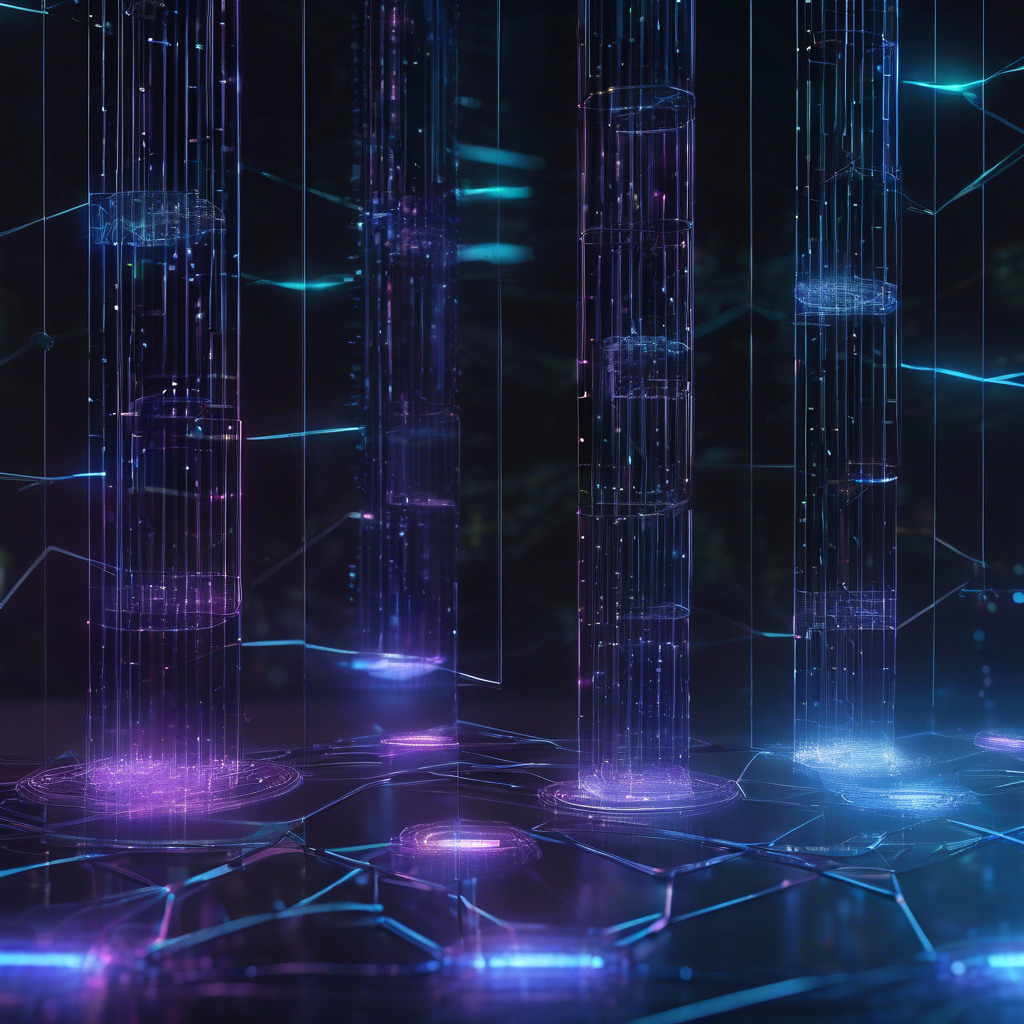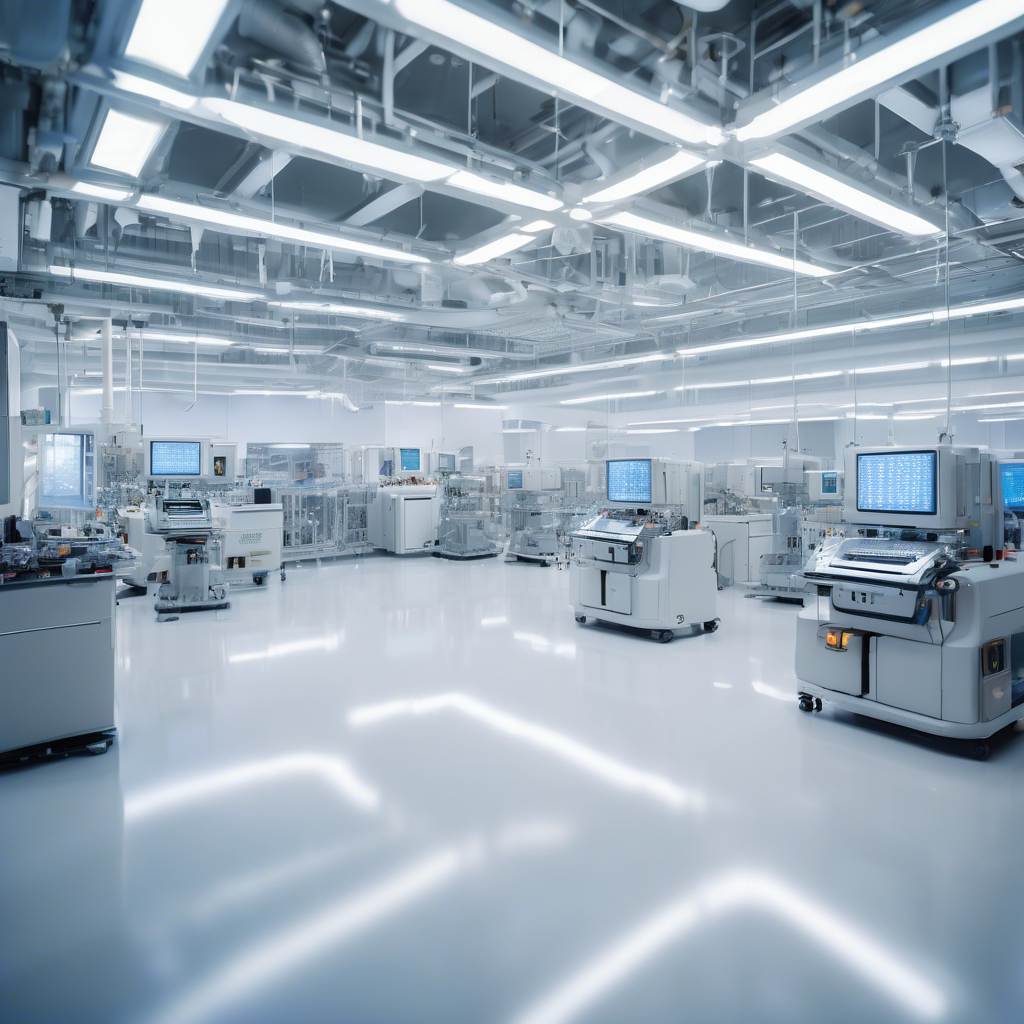AI and Blockchain Revolutionize Energy Sector with Decentralization and Sustainability

Artificial intelligence is transforming energy systems by making them more intelligent and efficient, while blockchain technology brings fairness and transparency to the sector. Consequently, the convergence of AI and blockchain is crucial in democratizing energy usage and speeding up the worldwide shift toward sustainable, decentralized power networks. Blockchain technology facilitates peer-to-peer energy trading, enabling consumers to buy and sell energy directly, while AI assists users in understanding and optimizing their energy consumption. According to Bill Tai (pictured), co-founder and chairman of ACTAI Global, these advanced technologies hold significant potential to foster innovation, competitiveness, and sustainability throughout the energy industry. Tai explained, “Blockchain and AI together, along with crypto as the transaction layer. I have invested in a company called Powerledger, which offers a decentralized, peer-to-peer energy trading platform. Such a system could manage peer-to-peer billing by identifying sources and drains of energy, allowing contractual sales through blockchain as the backbone, crypto for payments, and AI integrated internally. If an energy large language model (LLM) were embedded within every electricity company, automatic load balancing systems could become a reality. ” Tai shared these insights during an interview with John Furrier of theCUBE at the Cerebras Supernova event, broadcast exclusively on theCUBE, SiliconANGLE Media’s livestreaming studio. They discussed how the merging of AI and blockchain is revolutionizing the energy sector.
(* Disclosure below. ) The influence of AI-blockchain convergence on the energy sector As a nonprofit, ACTAI Global confronts energy issues by encouraging innovation, entrepreneurship, and community involvement in clean energy and sustainability. Therefore, according to Tai, the synergy of AI and blockchain advances this mission by improving efficiency, transparency, and sustainability within energy systems. Tai stated, “ACTAI Global — standing for athletes, conservationists, technologists, artists, and innovators — organizes events worldwide that bring together people from these varied disciplines. I have funded numerous companies and progressed from chips to communications equipment, even founding a data center company in the ’90s during the internet expansion. Now we find ourselves at a pivotal point where AI, blockchain, and an impending energy shortage converge. ” Hut 8 Corp. is currently shifting from being solely a bitcoin mining firm to becoming a vertically integrated energy infrastructure and digital computing platform, a strategic move aimed at addressing energy challenges, Tai highlighted. He noted, “Eric Schmidt recently testified before Congress, estimating that data centers currently consume 3% of America’s energy but will require 97% by 2027. To support this, 27 gigawatts of energy are needed—equivalent to 27 nuclear power plants within two years—and an additional 63 over the following three years. Hut 8 Mining, originally a division of Bitfury, is now transitioning into an energy infrastructure company. ” Below is the full video interview, part of SiliconANGLE’s and theCUBE’s coverage of the Cerebras Supernova event: Photo: SiliconANGLE
Brief news summary
Artificial intelligence (AI) and blockchain are transforming the energy sector by enhancing efficiency, transparency, and fairness. Their integration supports sustainable, decentralized power systems and innovations such as peer-to-peer energy trading and optimized energy consumption. Bill Tai, co-founder of ACTAI Global, highlights blockchain’s role in enabling direct energy sales and AI’s use in automating load balancing through advanced modeling within electricity companies. ACTAI Global promotes cross-disciplinary collaboration focused on sustainability and community benefits. Tai also notes Hut 8 Corp.’s transition from bitcoin mining to developing large-scale energy infrastructure and digital computing platforms to address rising power demands. With data centers projected to consume 97% of U.S. energy by 2027—equivalent to multiple nuclear plants—these technologies are crucial. Ultimately, AI and blockchain aim to democratize energy access, enhance competitiveness, and accelerate the global move toward cleaner, more sustainable energy sources.
AI-powered Lead Generation in Social Media
and Search Engines
Let AI take control and automatically generate leads for you!

I'm your Content Manager, ready to handle your first test assignment
Learn how AI can help your business.
Let’s talk!

My Spanish teacher taught me what AI can’t do
As AI increasingly shapes education, it’s important to emphasize a timeless, effective teaching tool: high-quality, in-person relationships with students.

Education & technology: blockchain | Commercial E…
Education is a data-rich sector where businesses focus on making data accessible, secure, and trustworthy for users.

Microsoft goes all in on AI agents at annual Buil…
Microsoft (MSFT) envisions a future where AI agents handle everything from coding to navigating its Windows operating system.

Chainlink, Kinexys, and Ondo test blockchain DvP …
A test carried out by Chainlink, Kinexys by J.P. Morgan, and Ondo Finance demonstrated the potential for blockchain infrastructure to streamline delivery versus payment (DvP) transactions.

Stanford's Blockchain And AI Conference Needs Mor…
In mid-March, Stanford University held a conference on Blockchain and AI, gathering professors, startup CEOs, and venture capitalists (VCs).

Italy Fines Replika's Developer $5.6 Million for …
Italy’s data protection authority has imposed a €5 million fine on Luka Inc., creator of the AI chatbot Replika, for serious violations of data privacy regulations.

Imec CEO Advocates for Programmable AI Chips to M…
Luc Van den hove, Chief Executive Officer of imec, a leading semiconductor research and development firm, recently emphasized the crucial need to develop reconfigurable chip architectures in response to the rapid advancements in artificial intelligence technologies.

 Auto-Filling SEO Website as a Gift
Auto-Filling SEO Website as a Gift








 Auto-Filling SEO Website as a Gift
Auto-Filling SEO Website as a Gift

